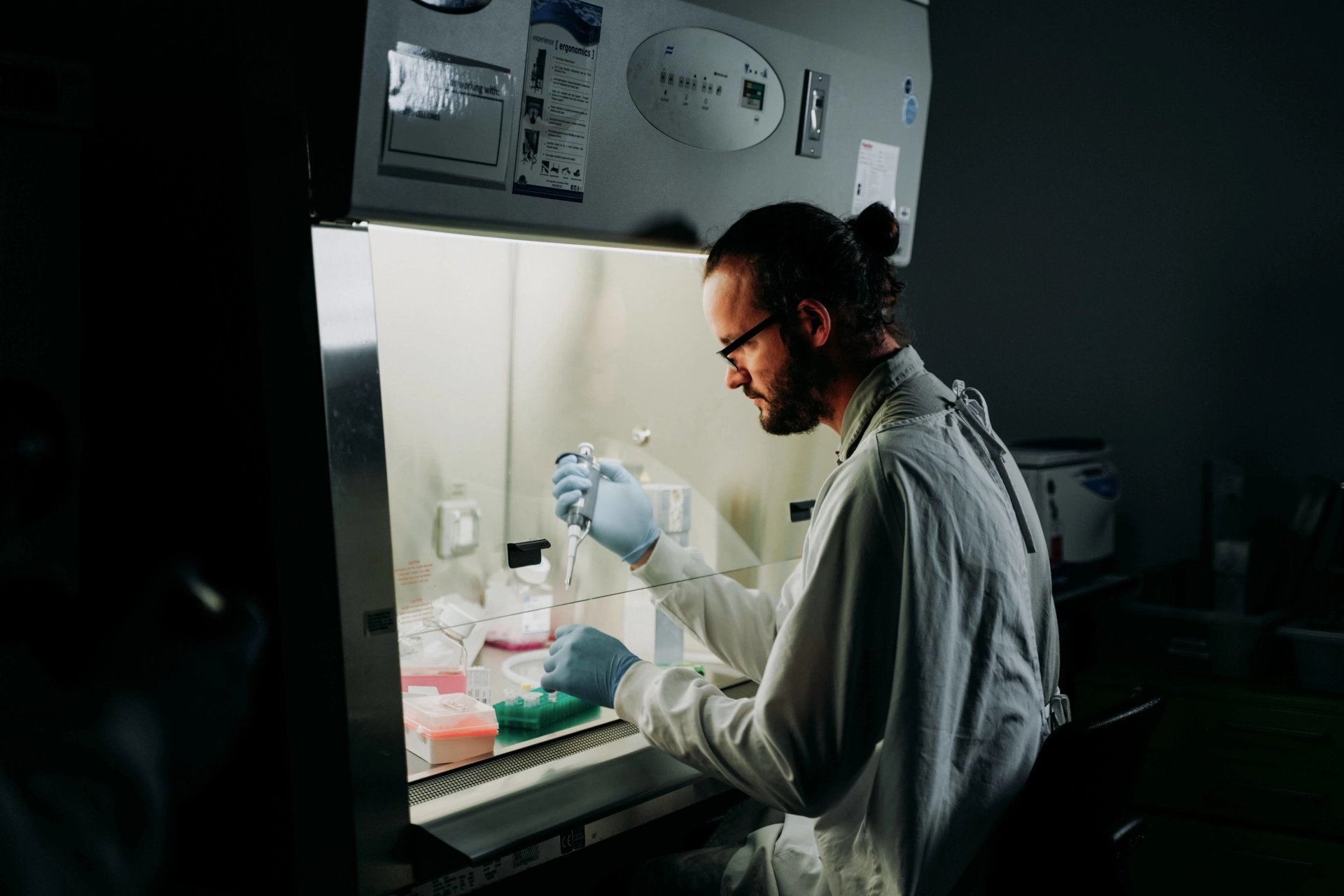This group’s overarching goal is to understand the signalling pathways that control gene expression in mammalian cells, especially protein synthesis, and their roles in specific human diseases.
Proteins are the molecular machines which carry out almost all jobs performed within cells. Their production must therefore be tightly and accurately controlled.
The Gene Regulation and Cell Signalling Group is studying how nutrients and hormones regulate protein production. The proper control of protein synthesis is crucial in settings as diverse as lifespan, memory formation and embryonic development.
Defects in these control mechanisms are associated with many diseases including cancer, cardiovascular disorders and neurodegeneration. Understanding how these defects arise will help to both understand these diseases and develop new ways to prevent or treat them.
We are particularly interested in the mammalian target of the rapamycin complex 1 (mTORC1) pathway and its downstream targets, particularly the unusual eukaryotic elongation factor 2 kinase (eEF2K). By regulating the elongation phase of protein synthesis, eEF2K controls the synthesis of many proteins and the accuracy of protein production. It is involved in tumour growth and metastasis and in neurological processes as well as modulating lifespan.
The protein kinases Mnk1 and Mnk2 also regulate the protein synthesis machinery. They are activated by oncogenic mitogen-activated protein (MAP) kinase signalling. The Gene Regulation and Cell Signalling group is studying their roles in cancers, obesity and type 2 diabetes.
A major goal is to identify new, druggable therapeutic targets for the above diseases. The team employs diverse approaches including pre-clinical models, as well as biochemical, genetic and proteomic methods.
We are also developing new ways to enhance the production of recombinant proteins of therapeutic and diagnostic value (such as monoclonal antibodies).

